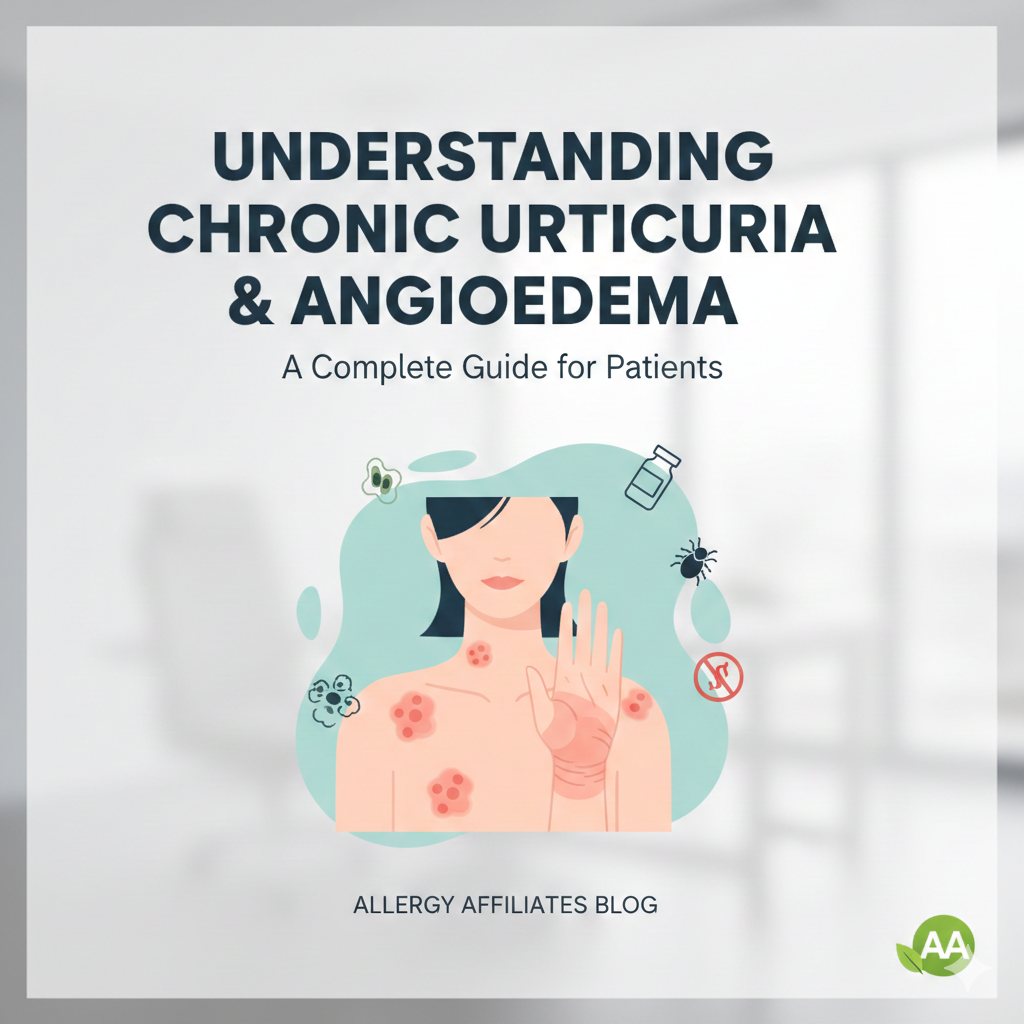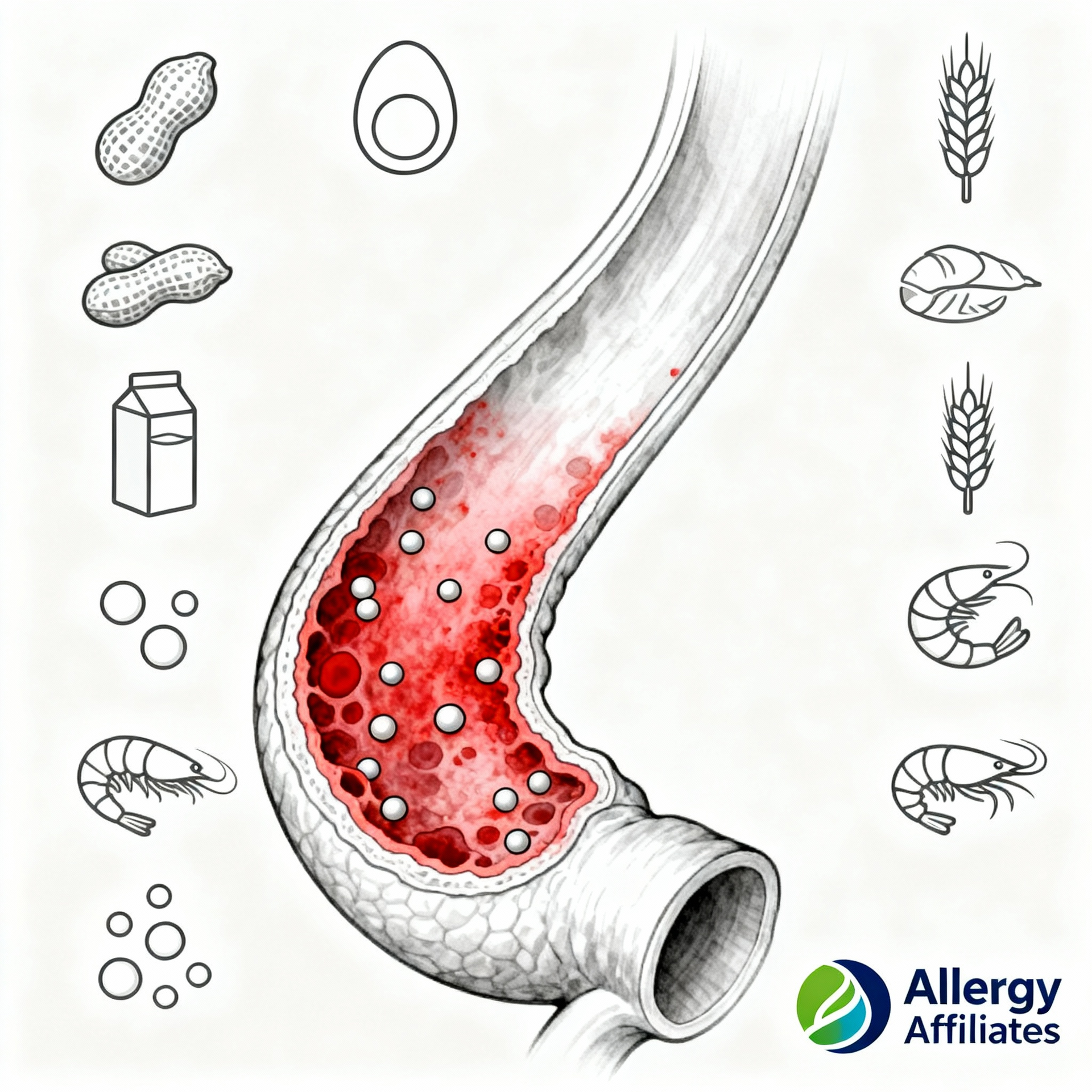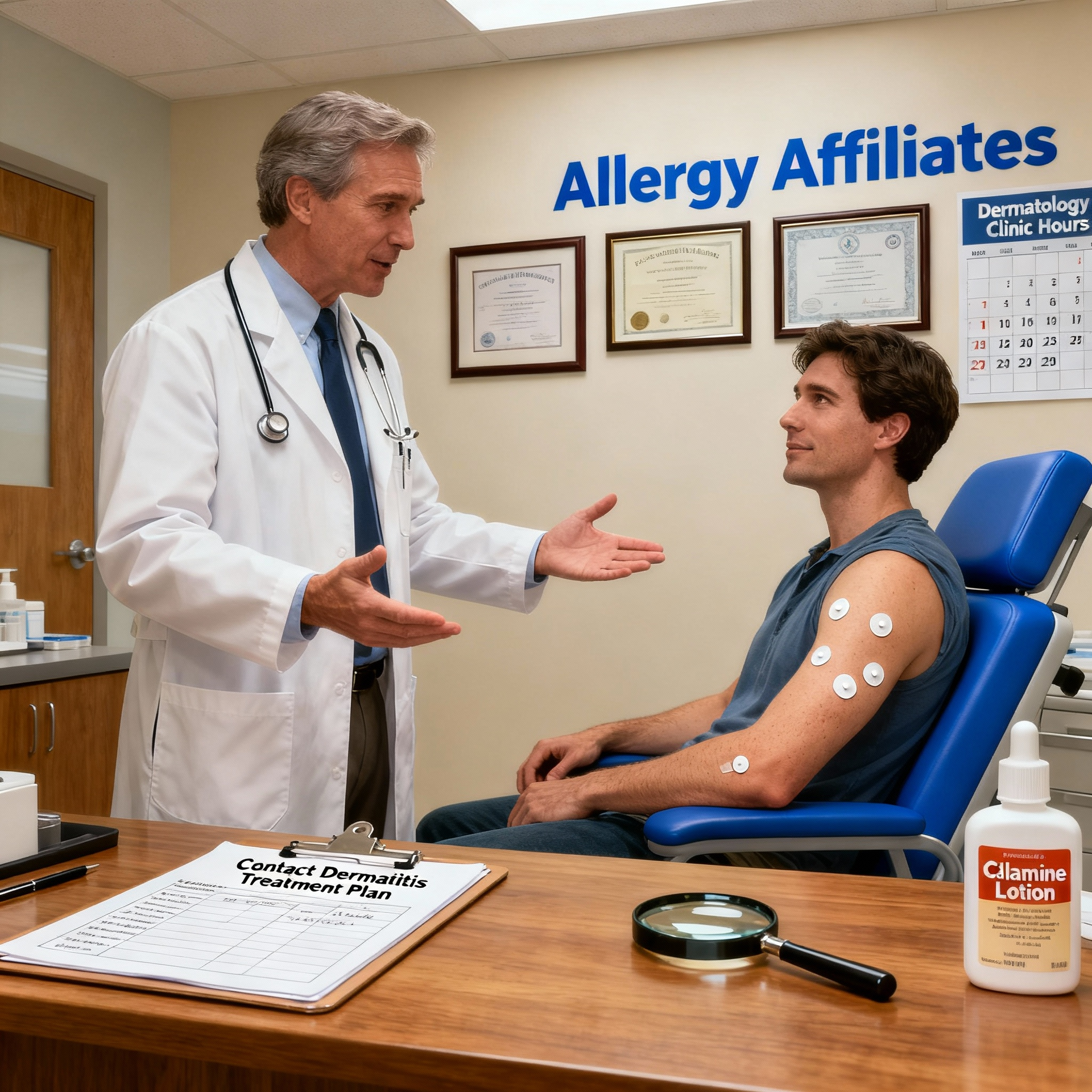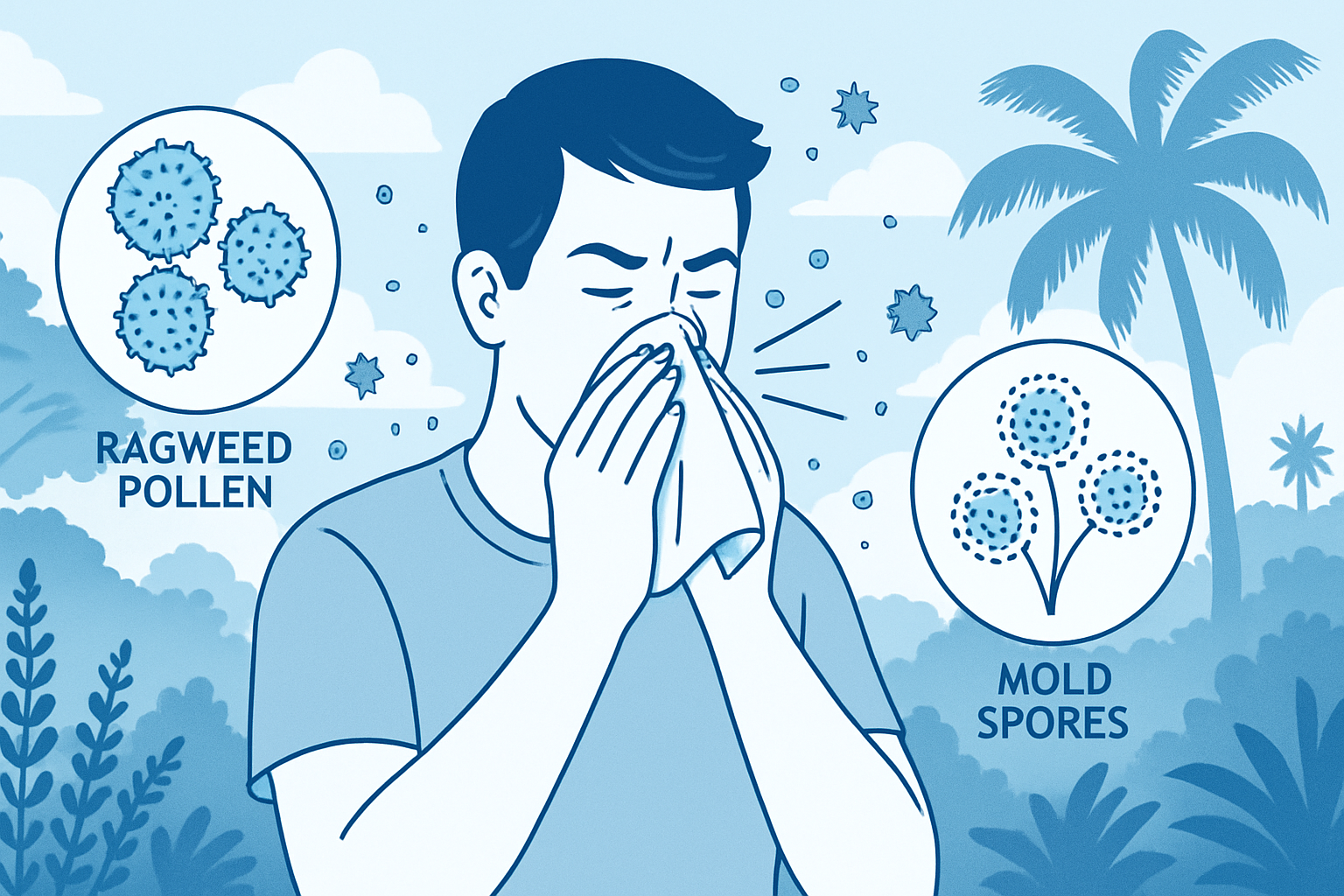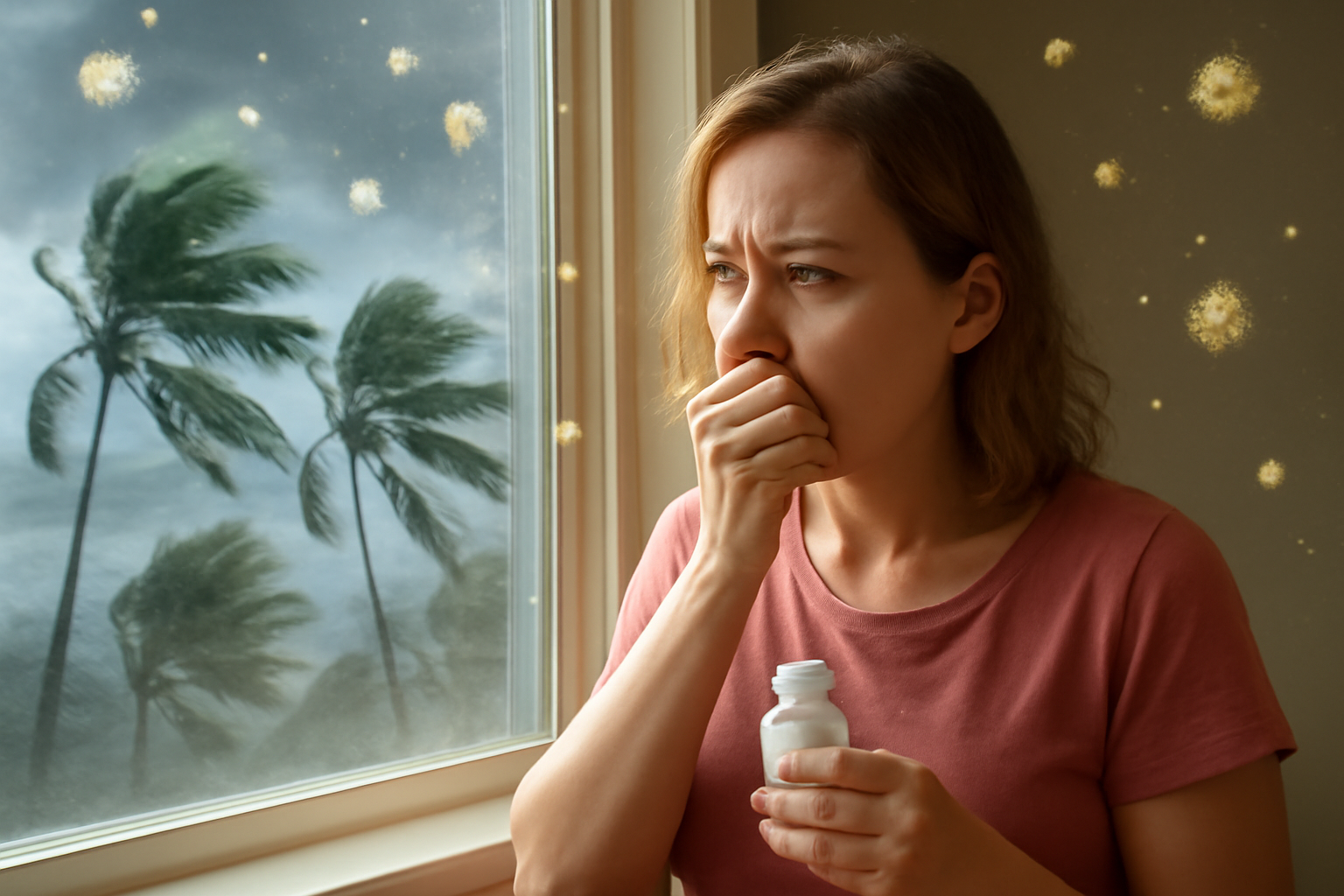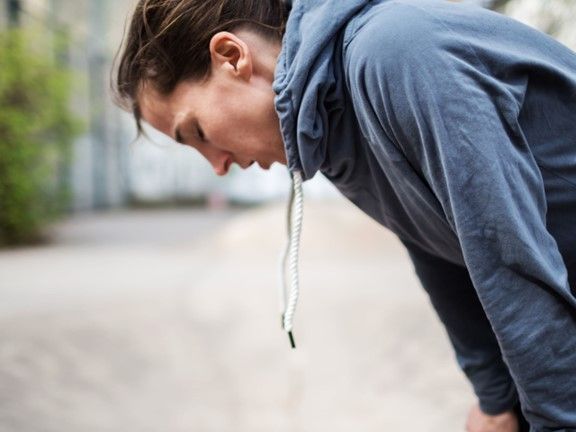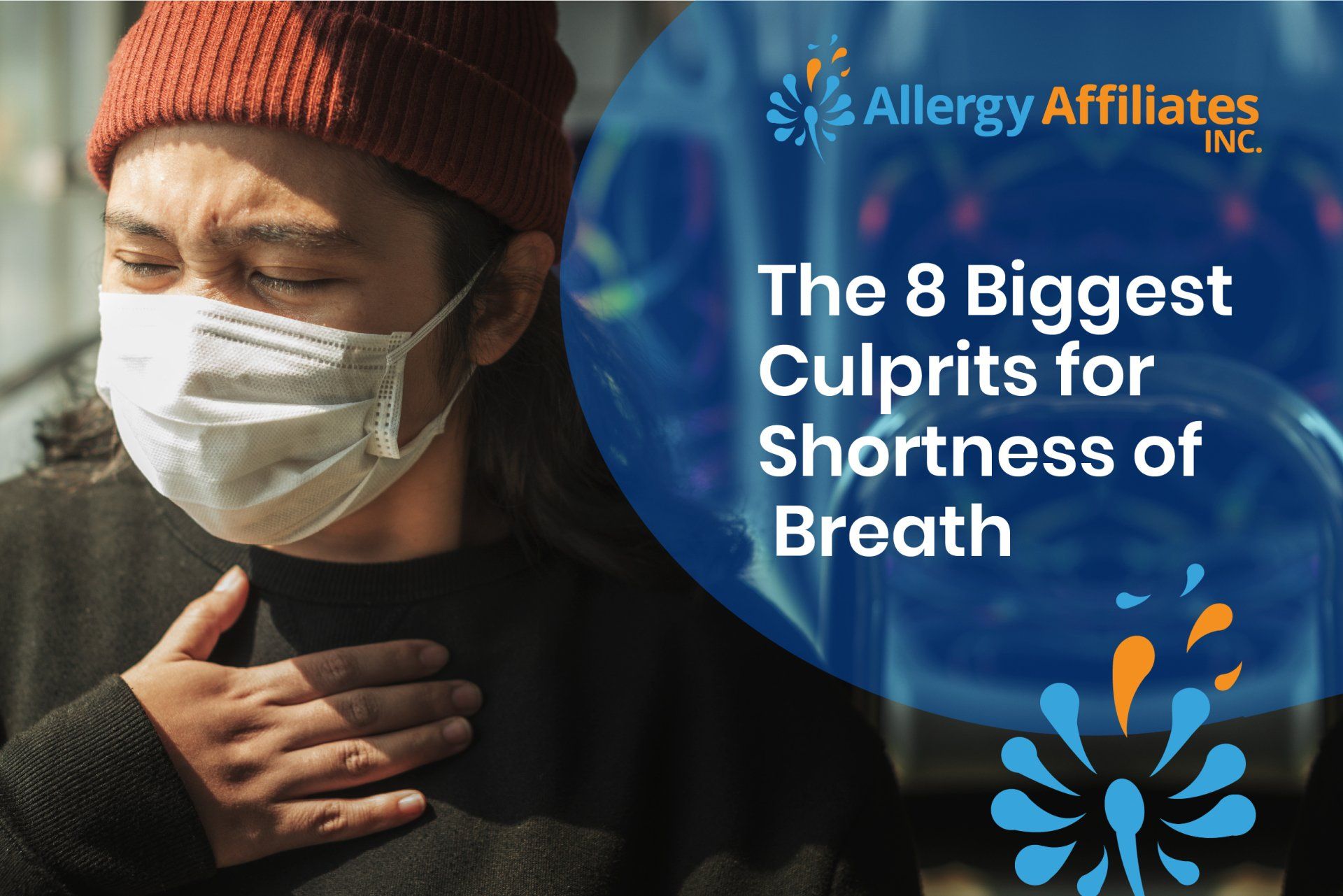
For many people, shortness of breath hits them right in the chest. It can vary from a mild breathing problem that occurs only when you exert effort to a more severe one that often occurs at rest or happens out of the blue. Either way, this common cause of concern has led many people to the doctor's office.
This article will discuss the different causes of shortness of breath, along with professional treatment recommendations.
Dyspnea: A Quick Overview
Shortness of breath, also known as dyspnea, is a symptom of lack of breath, an uneasy sensation when breathing, or the feeling that breathing requires more exertion than normal. It can be caused by various psychological conditions, underlying heart and lung health issues.
Breathing difficulty occurs when the body cannot get enough oxygen into the blood. In response, the body compensates by increasing heart rate, breathing rate, and depth of breathing, leading to shortness of breath. If you have certain conditions, you may experience dyspnea at rest or on exertion (when you perform any activity, no matter how small). When breathlessness is related to an underlying medical condition, it may be accompanied by other symptoms that can help with the diagnosis.
Moreover, dyspnea is not always related to a person's overall health. Shortness of breath can occur after vigorous exercise, traveling to a high altitude, or experiencing significant temperature fluctuations.
What Causes Shortness of Breath?
Breathlessness has a variety of causes ranging from benign and self-limiting to life-threatening. Determining the cause of your symptoms is critical for effective diagnosis, treatment and establishing an appropriate level of concern. Here are the top eight causes of difficulty in breathing:
Asthma
An asthma attack occurs when the airways swell and become narrower than they should. When the airflow is restricted, breathing becomes difficult. These happen when you come in contact with an allergen such as smoke, pollen, or dust.
Allergic Reactions and Anaphylaxis
Anaphylaxis is the body's extreme and over reactive response to an allergen. A chemical messenger called histamine is released into the bloodstream in response to certain substances that the immune system interprets as threats. It causes both the lungs and blood vessels to narrow, so this reaction is often characterized by shortness of breath. Other symptoms that often accompany allergic reactions are swelling of the throat or tongue, difficulty swallowing, nausea, and skin rashes or hives.
COPD
Chronic obstructive pulmonary disease (COPD) is a group of lung diseases that cause breathing difficulties. As COPD progresses, the chest wall, neck, and throat muscles become weaker, making it harder to breathe. The symptoms of COPD include a feeling of tightness or pressure in the chest, and wheezing.
Pulmonary Infections
Pneumonia, bronchitis, COVID-19 are some pulmonary conditions caused by an infection in the lungs. It can be from a virus, bacteria, fungi, or parasites. In addition, it can also be from inhalation of toxic substances like asbestos and silica dust.
Pulmonary Embolism
Pulmonary Embolism is a condition in which one or more arteries in the lungs become blocked, usually by a blood clot. If the blockage is severe, it can result in shortness of breath and can be fatal.
Heart Problems
Heart attack, heart failure, and arrhythmia are conditions where breathing problems are symptoms. The heart pumps blood throughout your body, bringing oxygen to your organs and tissues. When it can't beat effectively, the oxygen flow is reduced, causing you to feel out of breath.
It can also happen if there's fluid in the lungs. It occurs when your heart cannot pump enough blood through your body, and blood backs up into your lungs. This can happen if you have a heart attack. If you have any reason to suspect that you have a heart attack, call 911 immediately — this is a medical emergency.
Anxiety & Panic Attacks
When you feel anxious, your body triggers a fight-or-flight response to protect itself from perceived danger. One side effect is hyperventilation — rapid and shallow breathing, which can make you feel as though you aren't getting enough oxygen into your lungs.
Obesity & Poor Lifestyle Choices
If you're overweight, the extra weight on your chest restricts your diaphragm, making it harder to breathe. The same goes for smoking or other poor lifestyle choices that contribute to health issues like emphysema or heart disease.
What to Do When You Have Breathing Problems
If breathing difficulty happens out of the blue for no obvious reason and is accompanied by chest pain, cold sweats, light-headedness, or nausea, you should seek medical help right away. Otherwise, doctors may treat chronic dyspnea with medication, lifestyle modifications, and other procedures.
For proper diagnosis, the doctor will first take a comprehensive medical history and ask about your other symptoms and nature of breathing problems — how often they occur and how long they last. In addition to a physical exam and listening to your heart and lungs, a complete medical evaluation may be necessary, along with pulmonary function tests and further testing to determine the cause. The most common tests are imaging tests such as X-rays and CT scans, pulmonary function tests, blood tests, and echocardiograms.
Treatment will depend on the results of these tests. The treatment methods for acute shortness of breath are different from chronic conditions. Some ways to help you prevent shortness of breath include:
Breathing Exercises
Addressing breathing difficulties through breathing exercises is helpful because they strengthen your chest, abdomen, and throat muscles. They improve your lung capacity and reduce shallow breathing. Increasing oxygen intake provides better gas exchange in the lungs and thus alleviates shortness of breath. Exercises that focus on the diaphragm, abdomen, and chest muscles should be used for breathing disorders such as wheezing, asthma, and emphysema.
Lifestyle Changes
To breathe with ease without wheezing, you must lose weight. Also, you may want to quit smoking. Nonetheless, stress is a significant contributor to both of these conditions. So, it would be best if you decrease your stress levels to alleviate your shortness of breath.
Medications for Lung Conditions
The treatment of these conditions will vary from person to person, and many times, you may require any of the following
- steroid drugs
- bronchodilators
- decongestants
- cough medicines
- oxygen therapy
Anxiety-Relieving Medications
Your doctor may prescribe an anxiolytic if you have shortness of breath due to anxiety. These drugs will help you to calm down. When taking these drugs, avoid driving or operating heavy machinery.
Treatment for Pulmonary Embolism
To address pulmonary embolism, the treatment centers around stopping the blood clotting process that forms it. Options include blood thinners, surgery, and medication.
Breathe Easier With the Help of Allergy Affiliates
Shortness of breath is a symptom no one should ignore. While some are little more than an inconvenience, others can be life-threatening and require immediate medical attention. Here at Allergy Affiliates, underlying conditions such as asthma and allergies can be treated and kept under control so you won't have to deal with unpleasant symptoms.
Consult with one of the best Bradenton and Sarasota allergists, Dr. Geetika Sabharwal. Call 941-792-4151 or visit www.allergyaffiliates.com to schedule an appointment!



